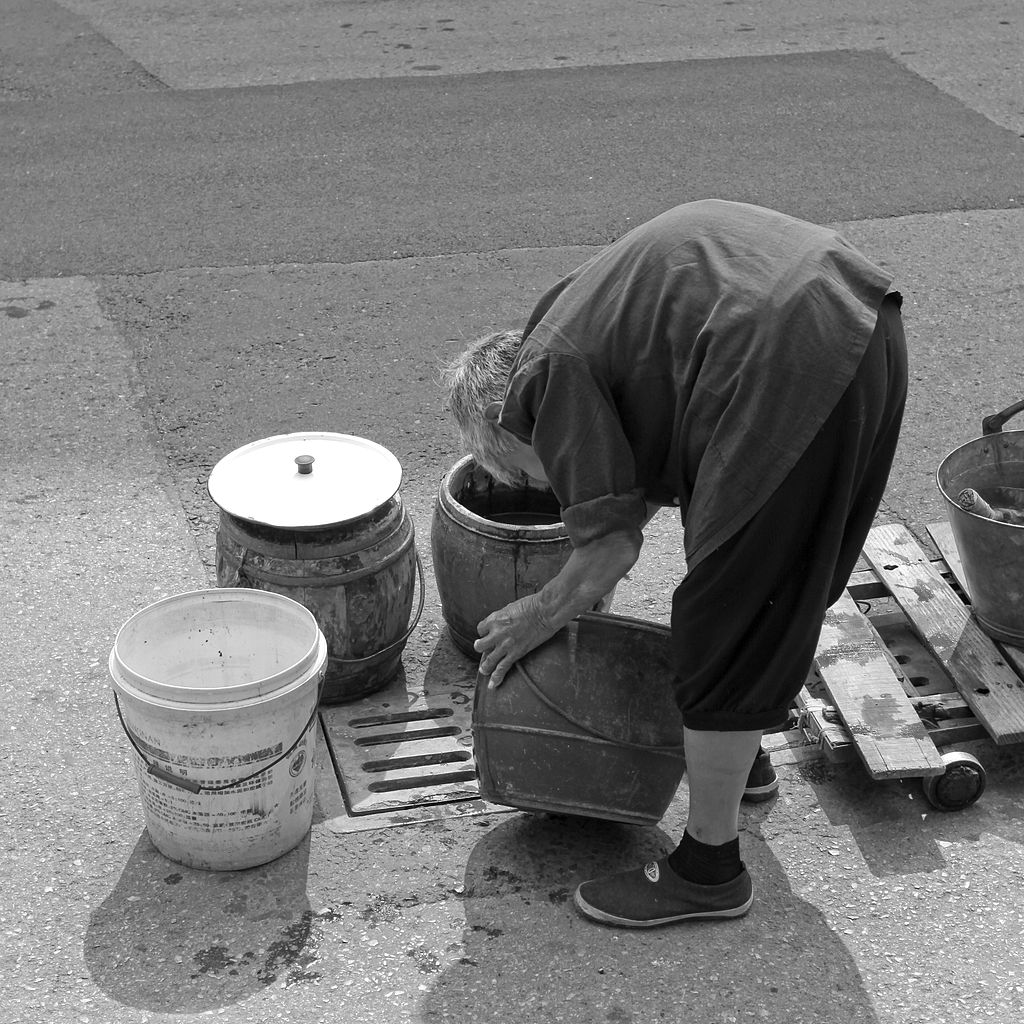
credit: Stougard
Some Thoughts on Why the Small Things We Do are So Valuable
Those in the English-speaking Buddhism community have a word that they use to talk about their spiritual habits: “practice”. So when you hear a dharma talk or read something by a Zen Buddhist (and probably a Buddhist in general, come to think of it), they’re likely to talk about “your practice”. Most often, the context is that of meditation, or mindfulness more generally.
The possessive pronoun “your” is placed in front of the word on purpose because each person’s practice is individual. Sure, there are some basic tenets of general practice that everyone should follow. But even if everyone did the same basic tasks and had the same basic habits, everyone would do them in a slightly different way.
But the truth is, the notion of a practice is much wider — it’s as wide as you allow it to be. The only requirement of a practice is that it be sacred — sacred to you, that it be purifying, and that it contribute — in some (very) small way — to the well-being of the world. Interestingly the smallest purification of yourself often makes a substantial contribution to the well-being of the world.
I’ve come to really like the word “practice” because it is so unassuming. And because it’s so unassuming, it’s also powerful.
You could use the word “ritual”, but that sounds too stuffy, and it sounds like everything has to be just so. You can use the word “habit”, but that sounds like a tool, not valuable in and of itself, and only appreciated as a means to some prescribed end. But practice — practice is humble, it admits of imperfections, in fact it assumes and welcomes imperfections. As an imperfect human being, I can most definitely get behind that. We should all be practicing. We should all have a practice, because we should all be trying to do better.
What Makes a Practice?
What makes something a practice is not that you do it all the time, or that you have certain way of doing it. Those things play a part, but they’re not the essential element of a practice. What makes a practice powerful is sacredness. You have to see the thing you do as a sacred thing, meaning that it means more than just whatever is going on on the surface level. I’m not sure what more to say other than that. You feel what is sacred. When you view a thing as sacred, you revere it, you draw emotion out of it, it breathes new air into you when you participate in it.
Whether it’s meditation, prayer, exercise, writing, making tea, or feeding a disabled loved one — keeping a practice, or ritual, sacred is really all you need. You can build nearly anything from just that. You can build a really good, peaceful life from that. You can use it to push yourself to be better, or to anchor you and keep you from wandering off. It is equally good for both purposes, and many others.
One caveat, though (and there’s always one of those): whatever the practice is, it can’t be something harmful. Plenty of drug addicts and alcoholics have a practice or ritual, but it’s destructive and harmful — to themselves and others. However, as many in recovery end up learning, that practice was actually a faulty means to the same end as a healthy one. They end up finding peace in a “replacement” practice — one that really gets them closer to that place they were seeking in their most destructive practices before.
Practice Makes….Life
The thing about how the Buddhists use the word “practice” is that they actually end up using it as another word for how we we live generally. Your life becomes an extension of your most sacred practices. As Will Durant famously said (in explaining Aristotle’s idea of character), “we are what we repeatedly do.”
A good life is built by good practices. Good practices are built on a foundation of holding things sacred, often the most little of things. So what do you hold sacred? What do you revere? How’s your practice?
Thank you for reading.